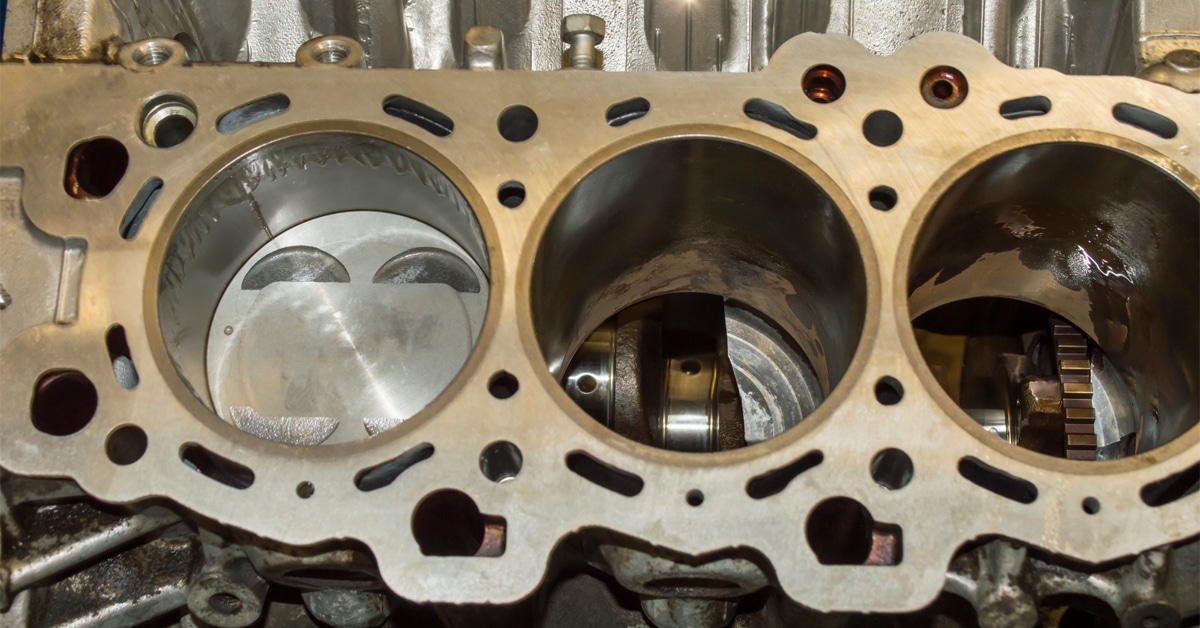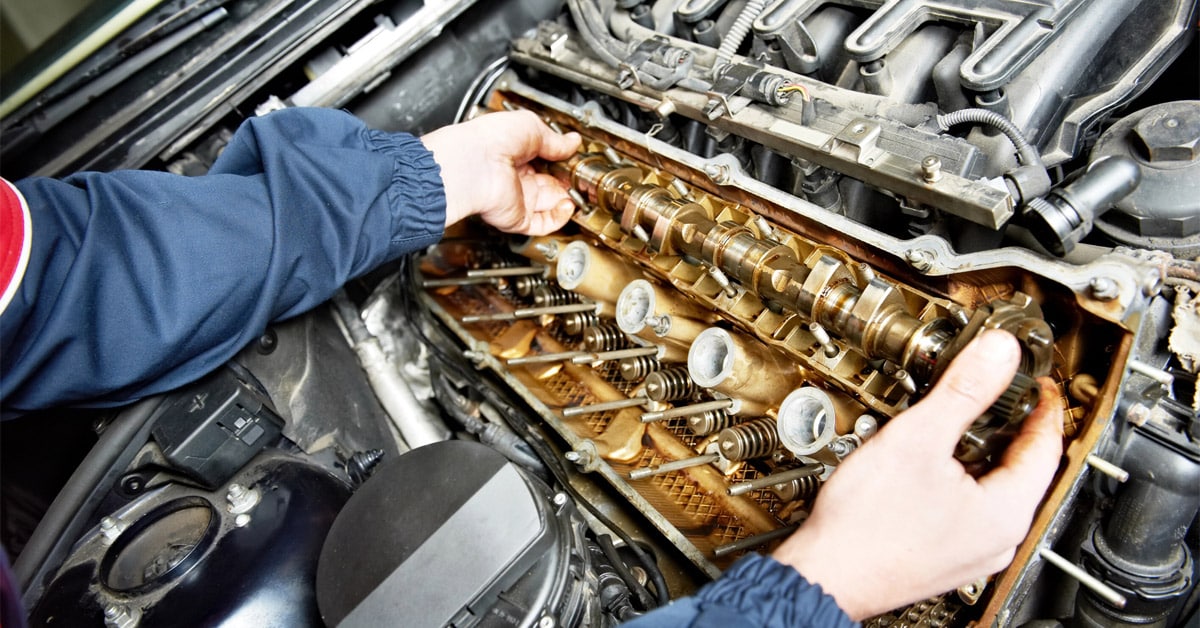Keep Your Car’s Engine Running Smoothly
Engine repair services are crucial when your car shows signs of trouble. These essential services like fuel system cleaning, engine diagnostics, and emission testing help ensure your car runs smoothly and avoids costly repairs.
Essential Engine Repair Services
Engine Rebuilding Services
Is your engine underperforming? An engine rebuilding service can restore its peak performance. This process demands a high level of skill, precision, and experience.
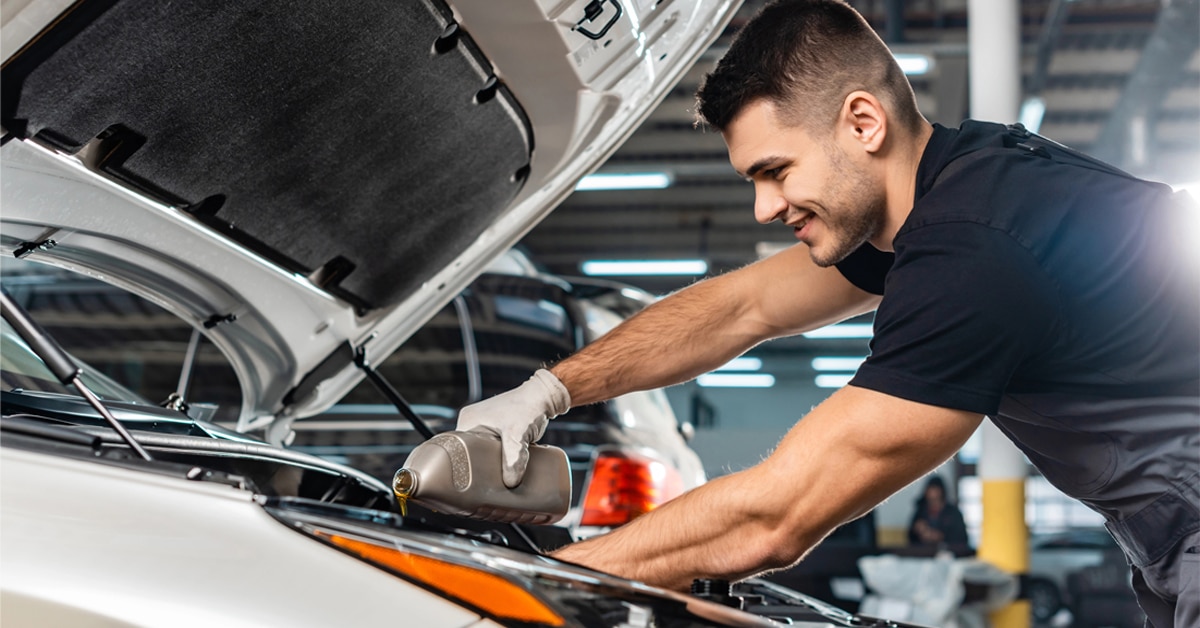
Maintaining Your Engine
Your vehicle is an investment and no matter what type you have, it’s important to keep your car in good working order by following the preventive maintenance schedule.
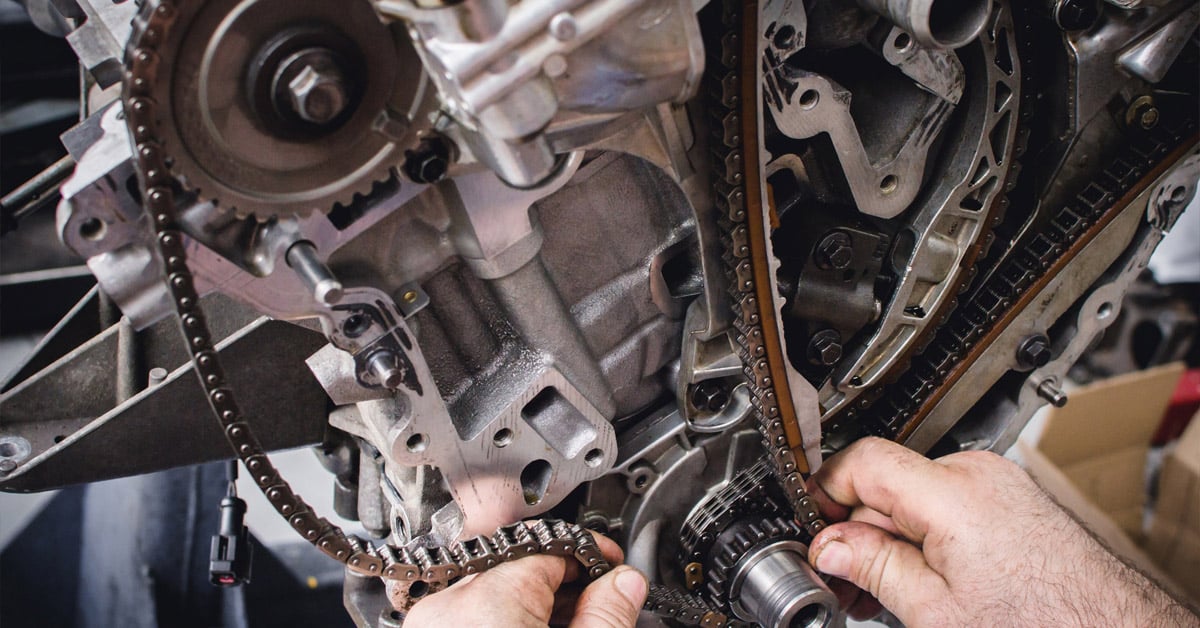
Engine Tune-up Services
Over time, various components of your car’s engine and ignition system can wear out or become inefficient, leading to reduced fuel efficiency, poor acceleration, and increased emissions.
Maintaining your vehicle’s performance, fuel efficiency, and overall longevity largely depends on regular engine services. Scheduled maintenance can catch small problems early, preventing them from becoming significant and costly repairs. Whether it’s a simple oil change or a complex engine rebuild, staying on top of engine maintenance ensures your car runs smoothly for years to come.
The health of your vehicle depends on various services, including changing oil and filters to inspecting belts and hoses. To keep your car in top shape, Autocare Pro’s offers a variety of engine repair services in Lake Jackson, TX.
Fuel System Cleaning
To improve engine power and fuel efficiency, fuel system cleaning removes deposits and contaminants from injectors, intake valves, and combustion chambers. Methods for cleaning the fuel system include using fuel additives, fuel injector cleaning kits, and professional cleaning services.
Regular fuel system cleaning offers several benefits, including:
- Enhancing fuel efficiency by ensuring optimal fuel delivery and reducing wastage
- Maximizing fuel economy
- Preventing engine knocking and pinging caused by carbon deposits in the combustion chamber
- Improving engine longevity by reducing strain on components like fuel pumps and injectors
Engine Diagnostic Services
Identifying and addressing underlying issues before they escalate into costly repairs is the primary function of advanced engine diagnostic services. An engine diagnostic test examines all engine components to detect problems early, using advanced tools like OBD-II scanners and multimeters to pinpoint specific issues within the engine system.
These diagnostics can identify malfunctions in sensors, electrical issues, and other internal engine components, helping to extend the engine’s lifespan and maintain optimal performance.
Emission Testing
To ensure that engines meet environmental compliance standards and maintain optimal health, emission testing is carried out.
By reducing harmful emissions, emission testing not only helps protect the environment but also ensures that your engine is running efficiently and effectively.
Regular emission testing and engine inspection can detect problems that might otherwise go unnoticed, allowing for timely repairs and maintenance that keep your vehicle in top condition.
Recognizing Signs Your Engine Needs Repair
Early recognition of engine trouble signs can avert significant headaches and costly repairs in the future. Common warning signs include the check engine light, unusual noises, and car stalling. Being aware of these indicators and addressing them promptly can prevent further damage and ensure your engine remains in good health.
Let’s delve into these warning signs in more detail.
Check Engine Light
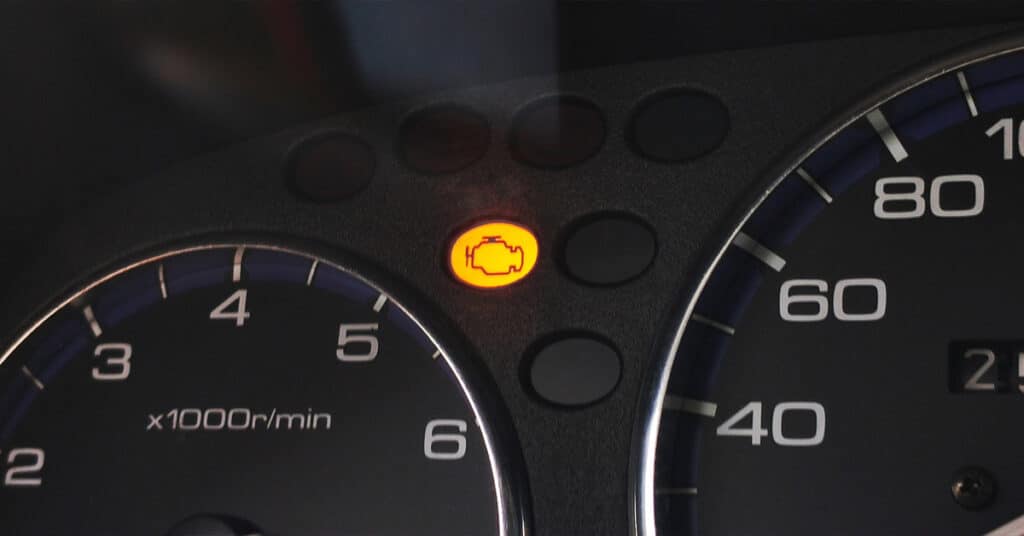
If something is amiss with your engine, the check engine light is one of the most obvious indicators. This light can signal anything from a loose gas cap to more serious issues like faulty spark plugs or a bad catalytic converter. When the check engine light comes on, it’s essential to get your car checked by a mechanic as soon as possible to diagnose and fix the problem.
Ignoring this warning can lead to severe engine damage, especially if the light is blinking or solid red.
Unusual Noises
If something is wrong with your engine, clear warning signs include unusual noises such as knocking or ticking. These sounds often result from a lack of engine oil or worn timing belts, causing mechanical parts to collide with insufficient lubrication.
Addressing these noises promptly is crucial to prevent further damage and maintain engine performance.
Car Stalling
Underlying issues with the fuel system or malfunctioning sensors often result in the frustrating and dangerous event of car stalling. Common causes include a clogged fuel filter, failing fuel pump, or malfunctioning sensors like the mass airflow sensor.
Diagnosing stalling issues requires thorough inspection of the vehicle’s systems and components to identify any malfunctioning parts and ensure proper repairs are made.
Routine Engine Maintenance Services
Routine engine maintenance is essential for ensuring your vehicle’s performance and longevity. Key maintenance services, such as oil changes, spark plug replacement, and air filter replacement, play a significant role in maintaining engine health. These services not only improve fuel efficiency and performance but also prevent costly repairs.
Let’s explore these routine maintenance services in more detail.
Oil Changes
For maintaining engine lubrication, reducing friction, and preventing wear and tear, regular oil changes are needed. Fresh oil helps remove particles and sludge that can accumulate in the engine, ensuring smoother operation and reducing heat generation.
Following the vehicle manufacturer’s recommended maintenance schedule for oil changes, typically every 3,000 to 6,000 miles, is essential for engine health.
Spark Plugs Replacement
For optimal fuel combustion and engine performance, spark plugs should be replaced at recommended intervals. New spark plugs ensure complete fuel combustion, improving fuel efficiency and preventing misfires.
Timely replacement of spark plugs also helps prevent damage to the catalytic converter and oxygen sensors caused by inefficient combustion.
Air Filter Replacement
To maintain engine performance and efficiency, regular engine air filter replacement and fuel filter replacement are necessary. A clean air filter ensures a proper air-fuel mixture, which is essential for optimal combustion and engine responsiveness.
It’s recommended to replace your car’s air filter every 12,000 to 15,000 miles or once a year to prevent contaminants from entering the engine and causing wear.
Internal Engine Repairs
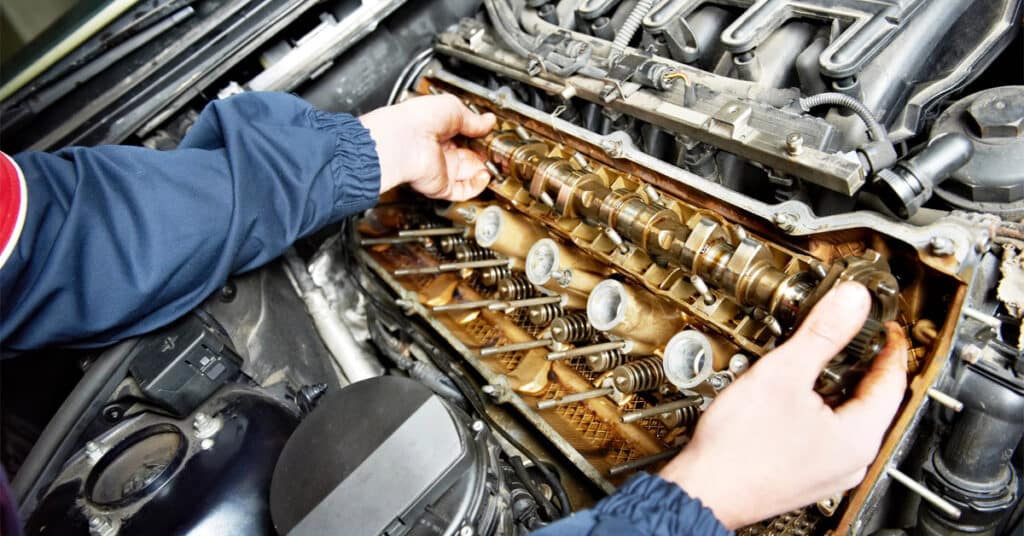
Internal engine repairs are necessary to address issues with critical components like pistons, crankshafts, and valves. These repairs prevent further damage and ensure your engine continues to perform efficiently. Common internal repairs include timing belt and serpentine belt replacement, as well as engine rebuilds and engine replacements.
Let’s dive deeper into these internal repairs.
Timing Belt Replacement
Synchronizing the rotation of the crankshaft and camshaft for precise fuel combustion requires a properly functioning timing belt. Neglecting to replace a worn timing belt can lead to severe engine damage, including valve and piston damage.
Typically, timing belts need to be replaced every 100,000 to 150,000 kilometers or every 5 years, depending on the vehicle manufacturer’s recommendations.
Serpentine Belt Replacement
The serpentine belt powers multiple peripheral devices in the engine, such as the alternator, power steering pump, and air conditioning compressor. Regular replacement of the serpentine belt, typically every 60,000 to 100,000 miles, is essential to prevent failure and maintain overall engine function.
Ensuring the belt is in good condition helps avoid unexpected breakdowns and costly repairs.
Engine Rebuilds
An engine rebuild, which may be necessary when engine replacement is not an option, involves the following steps:
- Removing the engine block
- Disassembling the engine block
- Replacing damaged parts with new or refurbished ones
- Reconditioning internal surfaces like cylinders and cylinder heads to ensure proper sealing with new piston rings.
Common scenarios indicating the need for a car engine rebuild include significant loss of power, excessive oil consumption, and discolored exhaust smoke.
Preventive Measures to Avoid Engine Problems
To avoid engine problems and costly repairs, preventive measures are key. Here are some tips for regular engine care:
- Use high-quality engine oil
- Ensure all fluid levels are topped off
- Regularly check and replace filters (air filter, fuel filter, etc.)
- Keep the engine clean and free of debris
- Follow the manufacturer’s recommended maintenance schedule
Additionally, driving responsibly and avoiding excessive speeding or harsh braking can reduce stress on the engine.
Let’s explore more specific preventive measures in detail.
Using Clean Fuel
Better engine health can be ensured by:
- Using clean fuel, which prevents deposits and contaminants from clogging the fuel system
- Using high-quality fuel from reputable gas stations to prevent clogging of fuel injectors and reduce fuel efficiency issues
- Avoiding fueling up at stations during or after their underground tanks are being filled to prevent sediment and debris from entering the fuel system.
Fuel treatment can also enhance combustion efficiency, leading to better engine performance.
Checking Fluids
To prevent engine overheating, maintaining proper fluid levels, including coolant, is crucial. Regularly checking engine coolant levels helps ensure the engine operates within the optimal temperature range, preventing severe damage.
Additionally, inspecting other fluids, such as brake fluid and oil, is essential for overall vehicle health and performance.
Battery Maintenance
Reliable engine performance is ensured through proper battery maintenance. Regularly testing battery voltage can help identify weak batteries before they fail. Cleaning battery terminals prevents corrosion and improves connectivity, ensuring the battery operates efficiently.
Signs that indicate the need for battery replacement include bulging, cracks, and corrosion.
Choosing the Right Auto Repair Shop
For ensuring quality engine repairs and maintenance, choosing the right auto repair shop is crucial. Factors to consider include skilled technicians, specialty tools, and customer reviews. Seeking recommendations from trusted individuals and checking for necessary certifications can help in narrowing down options. Additionally, evaluating the cleanliness and organization of the shop reflects the level of professionalism.
Let’s delve deeper into these factors.
Skilled Technicians
Expert engine repair services for automotive engines include servicing automotive engines by:
- Certified and experienced technicians
- Up-to-date industry knowledge
- ASE certification for technicians, indicating extensive training and passing rigorous testing
These qualifications ensure that technicians can handle complex repairs safely and efficiently.
An expert mechanic can provide the solutions needed to keep the vehicle working for many years to come.
Specialty Tools and Equipment
Precision in engine diagnostics and repair is ensured by using up-to-date tools and equipment. Certified technicians often undergo continuous education to keep up with the latest automotive technologies, allowing them to use specialty tools effectively. This ensures that repairs are done accurately and efficiently, keeping up with industry innovations and advancements.
Customer Reviews and Reputation
Valuable insights into the trustworthiness and reliability of an auto repair shop are provided by customer reviews and reputation. Reading both positive and negative feedback helps in making an informed decision.
High ratings and positive reviews are indicators of a trustworthy and reliable auto repair shop that communicates effectively and maintains transparency throughout the repair process.
Frequently Asked Questions
Why is regular engine maintenance important?
Regular engine maintenance is important because it ensures optimal performance, fuel efficiency, and longevity of your vehicle, ultimately preventing costly repairs.
What are common signs that indicate my engine needs repair?
If you notice the check engine light, unusual noises, or car stalling, it’s important to address these warning signs promptly to prevent further damage.
How often should I replace my car’s air filter?
You should replace your car’s air filter every 12,000 to 15,000 miles or once a year to ensure optimal engine performance and efficiency.
What should I consider when choosing an auto repair shop?
When choosing an auto repair shop, consider factors such as skilled technicians, specialty tools, customer reviews, the shop’s reputation, certifications, and warranties to ensure quality repairs. These elements play a significant role in determining the reliability and competence of the repair shop.
What preventive measures can I take to avoid engine problems?
To avoid engine problems, remember to use clean fuel, regularly check fluid levels, and maintain your car battery. These preventive measures can help keep your engine running smoothly and avoid costly repairs.
Engine Repair Service Pros in Lake Jackson, TX Worth Your Trust
If your vehicle needs engine repair or replacement, come see us at Autocare Pro’s for the best engine service and repairs in Lake Jackson, Tx. We offer a wide range of services from preventative maintenance, like an oil change to major engine repairs so your vehicle will last longer and run like new again!

